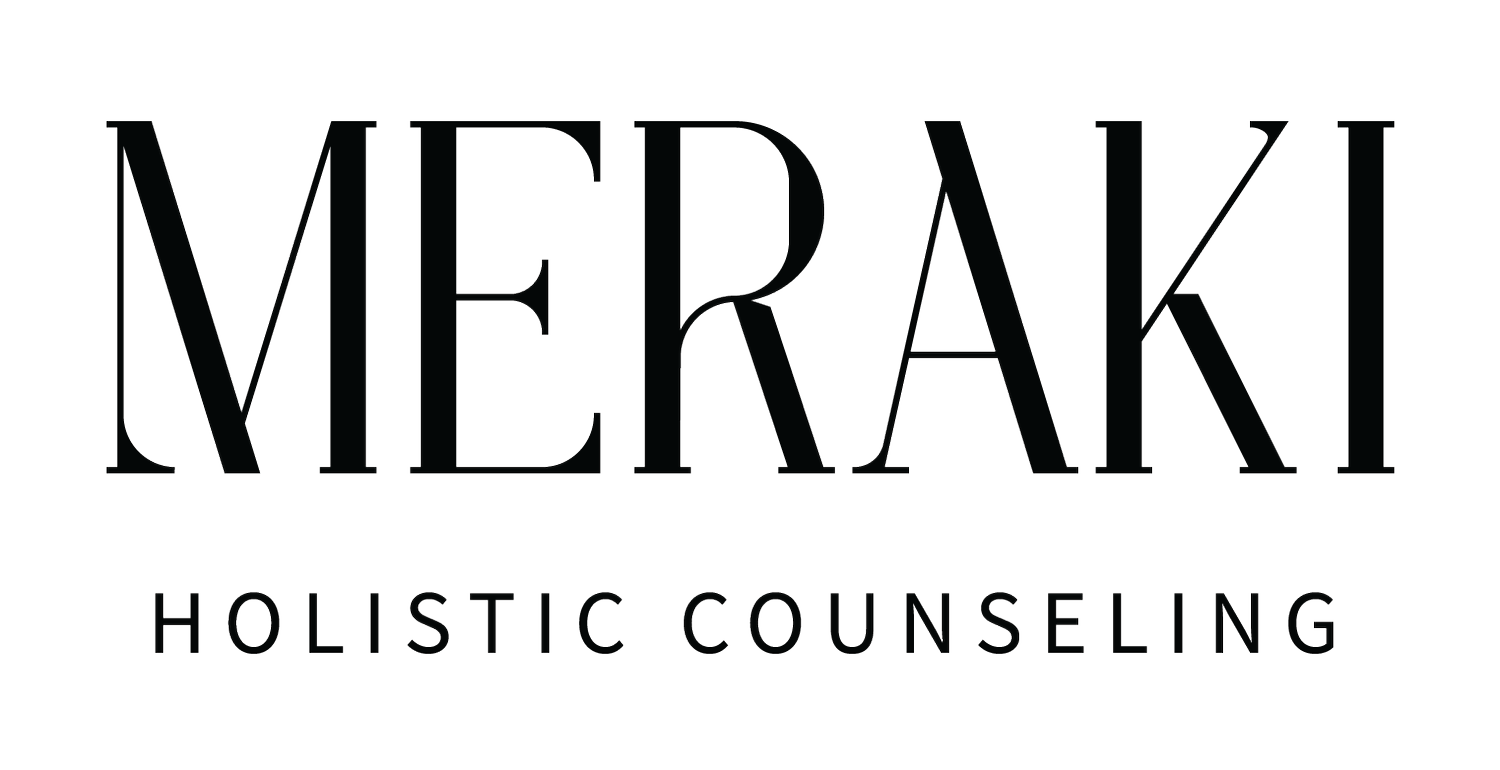Distinguishing Between Intuition and Trauma: A Vital Insight
At Meraki Holistic Counseling, we understand the significance of recognizing the difference between intuition and a trauma response. It is a crucial step along your journey towards authenticity and well-being. So, let's explore the question: Is it intuition or a trauma response?
The Significance of Recognizing Intuition and a Trauma Response
In our quest for personal growth and mental well-being, it is essential to distinguish between intuition and trauma responses. By recognizing these two phenomena, we can make informed decisions and nurture our authentic selves. This blog aims to provide clarity on these important aspects of our emotional and psychological experiences.
“The intuitive mind is a sacred gift and the rational mind is a faithful servant. We have created a society that honors the servant and has forgotten the gift.”
-Albert Einstein
Defining Intuition and Trauma Responses
Intuition:
Intuition is our innate ability to sense or know something without conscious reasoning. It can emerge as a gut feeling, an inner knowing, or a sudden insight. Intuitive experiences often guide us toward making choices that align with our values and lead to a sense of clarity and purpose. It is those moments when you have a hunch about something or feel a sense of certainty without concrete evidence.
Trauma Response:
A trauma response is the physiological and psychological reaction resulting from a traumatic event. Trauma responses manifest differently in each person but commonly include fight, flight, freeze, or fawn reactions. These responses can significantly impact our thoughts, emotions, and behaviors, often leading to a sense of unease, hypervigilance, and emotional reactivity.
Distinguishing Between Intuition and a Trauma Response
Characteristics of Intuition:
True intuition often exhibits certain hallmarks that differentiate it from a trauma response. It aligns with our values, providing a sense of coherence and authenticity. Intuitive insights come from a place of inner knowing and often lead to feelings of clarity and peace. For example, when you have a strong feeling that a certain job opportunity is not the right fit for you, despite it seeming perfect on paper, that may be your intuition guiding you.
Indicators of a Trauma Response:
Trauma responses, however, can cloud our judgment and impede clear decision-making. Common signs of trauma responses include anxiety, hypervigilance, and emotional reactivity. These reactions tend to stem from past experiences and can be triggered by situations that remind us of the trauma we have endured. It is important to be aware of these indicators to better understand our emotional responses.
Overlapping Areas: When Intuition Meets Trauma Responses:
In some instances, intuition and a trauma response can intersect and create confusion. Trauma can shape our perceptions and influence how we interpret intuitive signals. In such cases, seeking professional guidance can help us untangle these complexities and navigate complex situations with clarity and self-awareness.
“A trauma response is like a smoke alarm going off in your body when there is no fire present.”
-Bessel van der Kolk
Cultivating Intuition and Healing Trauma
Techniques for Enhancing Intuition:
Deepening our connection with intuition is a powerful tool in our personal growth. Practices such as meditation, journaling, and mindfulness exercises can enhance our receptivity to intuitive insights. By prioritizing self-care and self-compassion, we create a receptive mindset that allows intuition to blossom.
Healing Trauma and Reducing Trauma Responses:
When trauma responses hinder our well-being, it's essential to engage in holistic approaches to healing. Therapy, support systems, and techniques like EMDR or somatic experiencing can help heal trauma and reduce the impact of trauma responses. Remember, you don't have to go through this alone.
Trauma responses can leave you feeling on edge, as if danger is always lurking nearby.
-Dr. Judith Lewis Herman
In Conclusion
By recognizing the differences between intuition and a trauma response, we empower ourselves to make decisions that align with our authentic selves. Understanding the characteristics of intuition and indicators of trauma responses enables us to navigate life's challenges more effectively.
Meraki Holistic Counseling prioritizes your well-being and provides expert guidance on your journey towards authenticity. Reach out to us for further assistance and explore our blog for more insightful resources.
References:
van der Kolk, B. A. (2014). The Body Keeps the Score: Brain, Mind, and Body in the Healing of Trauma. Penguin Books.
Rankin, L. (2013). What's Up With Your Intuition? How to Trust Your Intuition in a World That Doesn't. Hay House.
Hauck, K. (2016). You Already Know What To Do: 10 Invitations To The Intuitive Life. New World Library.

